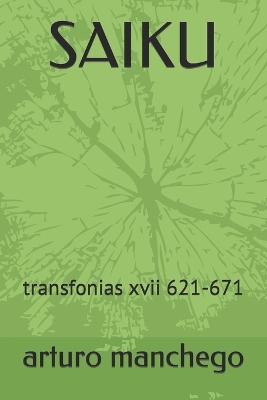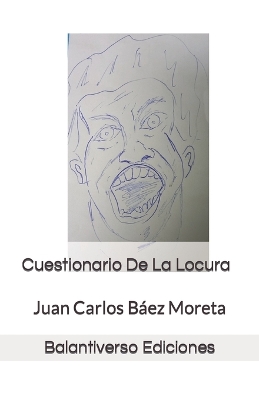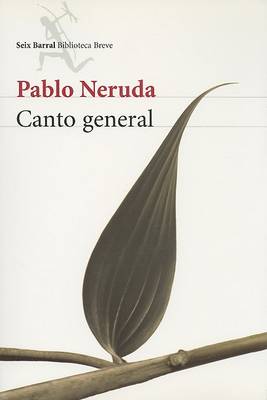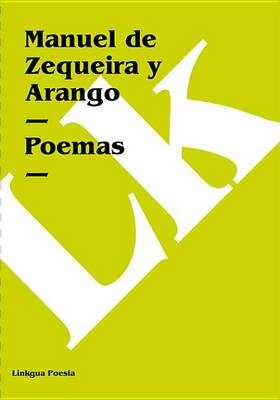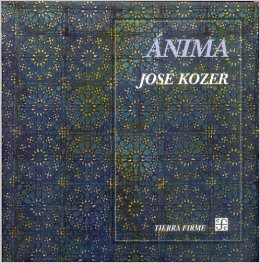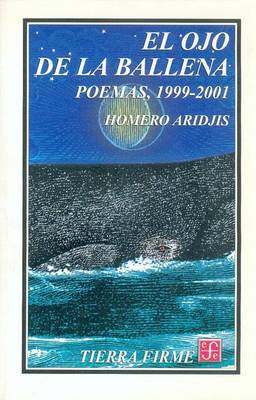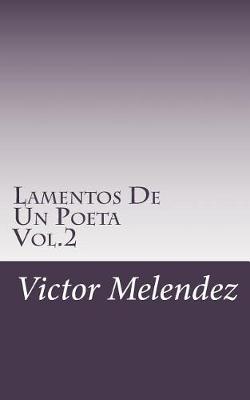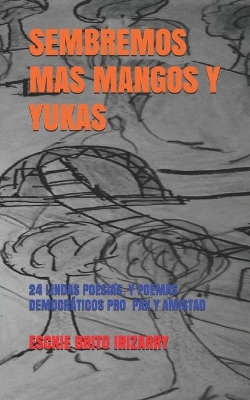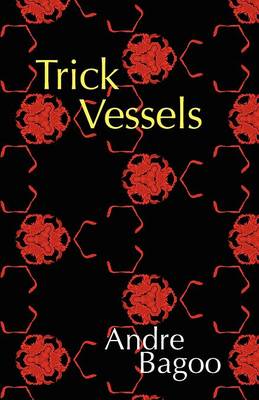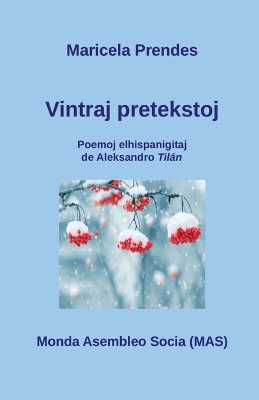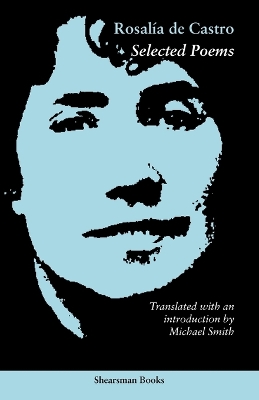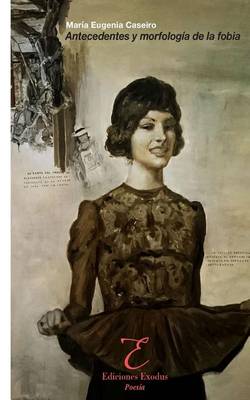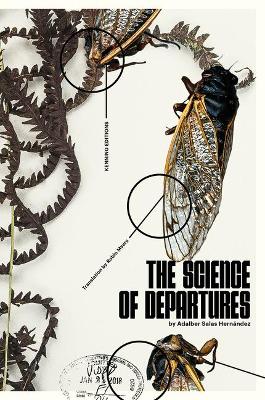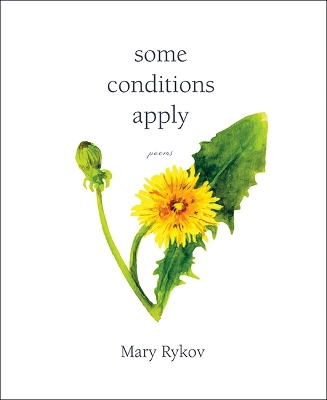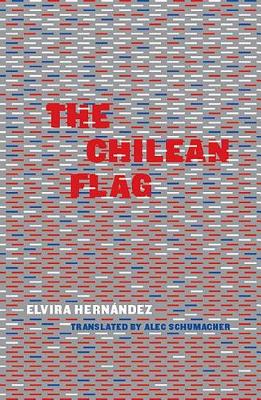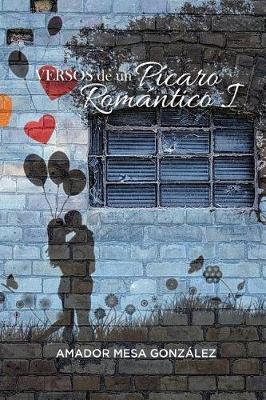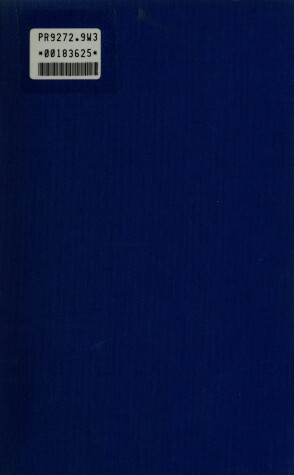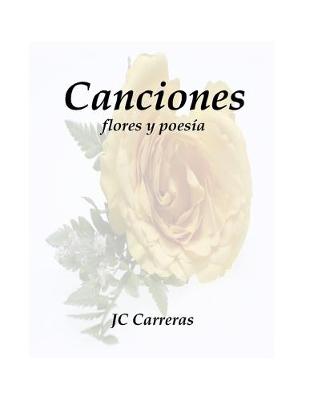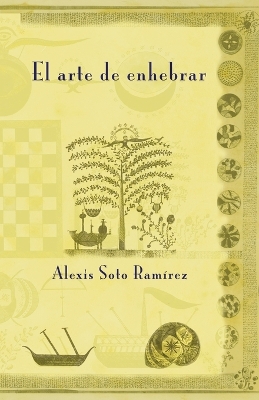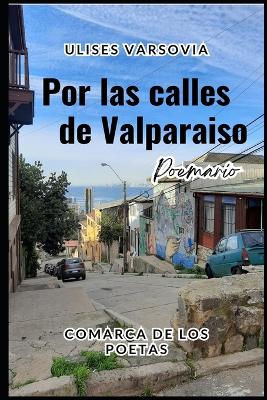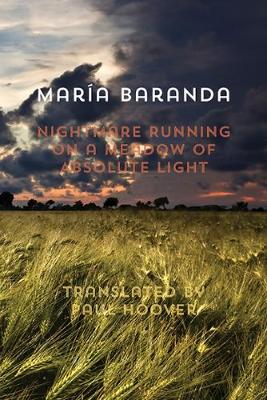Canto General (Letras Hispanicas, #318) (Latin American Literature and Culture, #7)
by Pablo Neruda
The Canto General, thought by many of Neruda's most prominent critics to be the poet's masterpiece, is the stunning epic of an entire continent and its people.
A sixty-year-old man writes a poem and entitles it 'Anima'. Days later he writes another poem with a tone similar to the first, entitles it 'Anima', then realises he has just begun a series which must all bear the same title. Furthermore, the man decides that in the future and till the day of his death he is going to continue writing poems that, since they have this tone, will bear the title 'Anima'. At the end of a year, having written some 150 poems, he extracts from the accumulated mass 60 po...
El Ojo de La Ballena. Poemas, 1999-2001 (Seccion de Obras de Ciencia y Tecnologia)
by John F Nunn and Homero Aridjis
These volumes, for the first time bring, together all the poetry of Tòmas Segovia.
Lamentos de Un Poeta Vol.2 (Lamentos de Un Poeta, #2)
by Victor M Melendez
Aptly titled are these poems: they are like vials without bottoms . held up, looked through, a universe can be discerned. They pour and continue to pour a mixture of guile and subterfuge, language that contradicts, and bargains for its own sanity, contents in volume denying the size of these trick vessels. - Mervyn Taylor
This selection covers the author's work in both of her languages - her native Galego (Galician) and also Castilian Spanish. A revolutionary figure in both languages, albeit for different reasons, her work is an essential stepping-stone on the way to 20th-century Spanish poetry, and - in Galician - the beginnings of modern poetry in the language. Much misunderstood and indeed under-rated in her time - above all by the major (male) Castilian poets - she came to be viewed in the 20th century as a m...
Maria Baranda is one of the leading Mexican poets of the generation, born in the 1960s. Her work has received Mexico's distinguished Efrain Huerta and Aguascalientes national poetry prizes, as well as Spain's Francisco de Quevedo Prize for Ibero-American Poetry. She is increasingly known for her sweeping and incisive long poems and book-length projects, and this volume contains two such works: 'To Tell' and the title poem.
